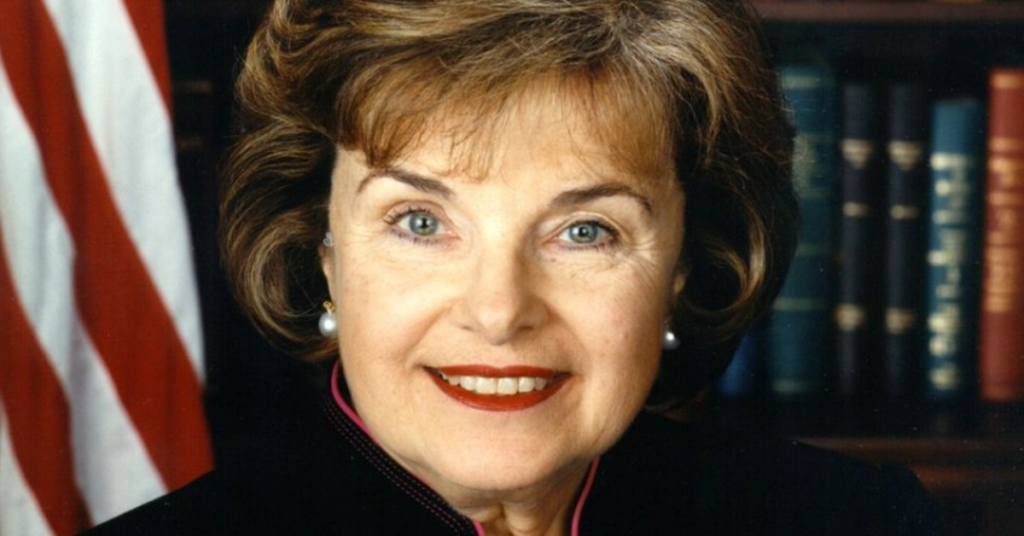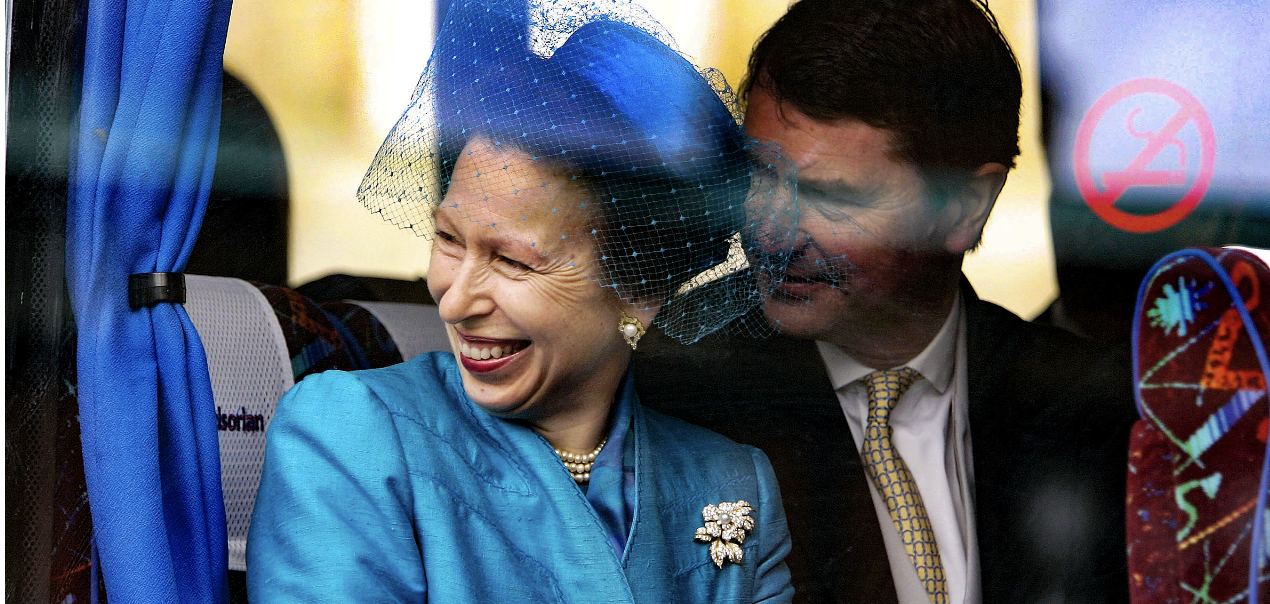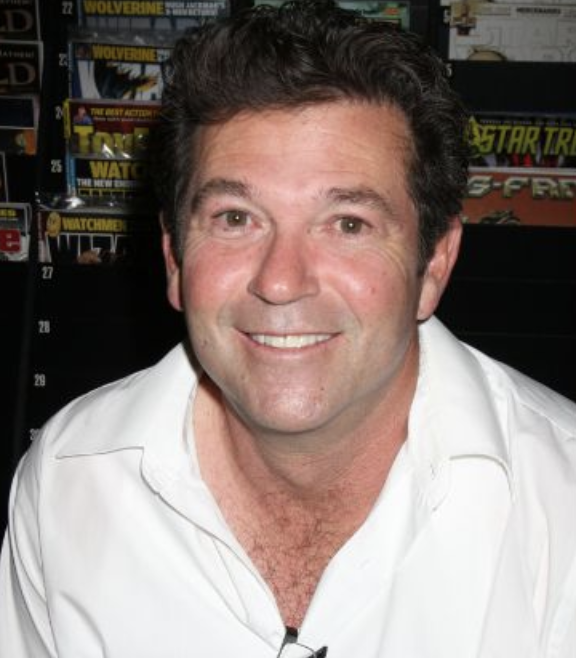The passing of Senator Dianne Feinstein at the age of 90 has been confirmed by ABC7 Insider Phil Matier. With a career marked by numerous pioneering achievements, she was the first female president of the San Francisco Board of Supervisors, the first female mayor of San Francisco, and one among the two initial women elected to the U.S. Senate from California.
“Dianne Feinstein has always been a trailblazer for women in the political realm,” remarked former House Speaker Nancy Pelosi.

Senator Chuck Schumer also acknowledged her legacy stating, “She’s a legend. Her status as the first female senator from California has etched her name in the annals of the state and the Senate, where she spearheaded various issues.”
Born as Dianne Goldman in San Francisco on June 22, 1933, Feinstein was brought up by a Russian Orthodox mother and a Jewish father. She attended Temple Emanuel Synagogue and completed her education at San Francisco’s Convent of the Sacred Heart, a Roman Catholic all-girls’ high school. Here, she participated in the glee club, ballet, camera club, and athletics.
She continued her education at Stanford University, graduating in 1955, and went on to marry three times.
Her only daughter, Katherine, was born to her first husband, from whom she divorced after three years.
In 1962, she married Bertram Feinstein, who sadly passed away due to colon cancer in 1978, shortly before Feinstein assumed the role of San Francisco’s mayor.
In 1980, she married her third husband, investment banker Richard Blum, and stayed together until his demise from cancer in 2022.
Feinstein’s political journey began in 1960 with her appointment to the California Women’s Parole Board by then-Governor Pat Brown. However, her first elected position came in 1969, at 35, when she won a seat on the San Francisco Board of Supervisors.
During that period, former San Francisco Mayor Willie Brown, serving in the state Senate, met Feinstein. He reminisces about a protest event where Feinstein, pushing a baby stroller, came to support the cause.
In the 1970s, Feinstein, while serving as the first female president of the Board of Supervisors, made two unsuccessful bids for the mayoral seat. Her political trajectory changed when she took over as mayor following the assassination of Mayor George Moscone by Supervisor Dan White in 1978. She won her first full term in 1979, and commenced her effort in reshaping the city.
Her tenure saw a failed recall attempt primarily driven by opposition to her handgun ban proposal. She also played a significant role in transforming the city’s skyline, overseeing the 1984 Democratic National Convention, and rescuing the city’s iconic cable car system.
As the AIDS crisis hit the gay community in San Francisco, Feinstein’s bold decision to close the city’s bathhouses was aimed at controlling the spread of the disease. During her term, San Francisco General Hospital’s health department set a global standard for AIDS healthcare.
In 1990, she aimed for the California governorship, but was defeated by Republican Pete Wilson. Despite the loss, she became the first woman in the state to secure a major party’s gubernatorial nomination. The tides turned in 1992, dubbed the “Year of the Woman,” when she was elected to the U.S. Senate alongside Bay Area Congresswoman Barbara Boxer.
In the Senate, Feinstein broke barriers by becoming the first woman to chair the Senate Rules Committee and the Senate Intelligence Committee. In response to the 101 California Street shooting, she authored the 1994 Federal Assault Weapons Ban, resulting in a decade-long restriction on certain semi-automatic firearms.
Discussing her bipartisan efforts with CSPAN, Feinstein recalled, “Ten Republicans along with 46 Democrats voted in favor of the amendment.”
Highlighting her unique achievement, Brown said, “Dianne Feinstein is the sole member from either Congressional chamber to have successfully pushed for a controlled weapons ban legislation.”
In 2014, Feinstein disclosed a report detailing CIA’s detainment and interrogation methods on potential terrorists, sometimes resorting to torture. This disclosure paved the way for anti-torture legislation.
Reflecting on the program during a CSPAN interview, she asserted, “This program was morally, legally and administratively misguided. This nation should never again engage in these tactics.”




